Top 11 Romanian Culture, Customs and Etiquette
Should you remove your shoes when visiting friends? Should you greet those on elevators with a smile? When thinking about the dos and don'ts in your own ... read more...nation, these questions might not seem like the most obvious ones, but things that you might not even consider at home can have a major impact abroad. Here is a list of Romanian Culture, Customs and Etiquette.
-
Yawning without covering your mouth is rude. Romanians frequently say "Sanatate" (Good health) or "Noroc" in response to sneezes (Good luck). It is considerate to offer an elderly person your seat. Romanians may extend a hand to an older person to assist them in rising from their seat, extend an arm to aid them walk, or hold or open doors for them.
Many Romanian men are encouraged to treat women with chivalry (e.g. opening doors and allowing them to enter). Older males may still kiss their women's hands as a greeting, but this practice is fading. Before going inside buildings, take off your headwear. Speaking to someone of a higher standing while chewing gum or keeping your hands in your pockets is disrespectful.
In order to demonstrate respect for the person they are meeting, people are expected to dress smartly in a professional situation. Older Romanians might dress more traditionally, making sure their shoulders and legs are covered. Fighting about who will pay the bill is frequent (and even polite). In Romania, tipping is widely accepted. Tipping is customary for all service providers, including medical professionals.
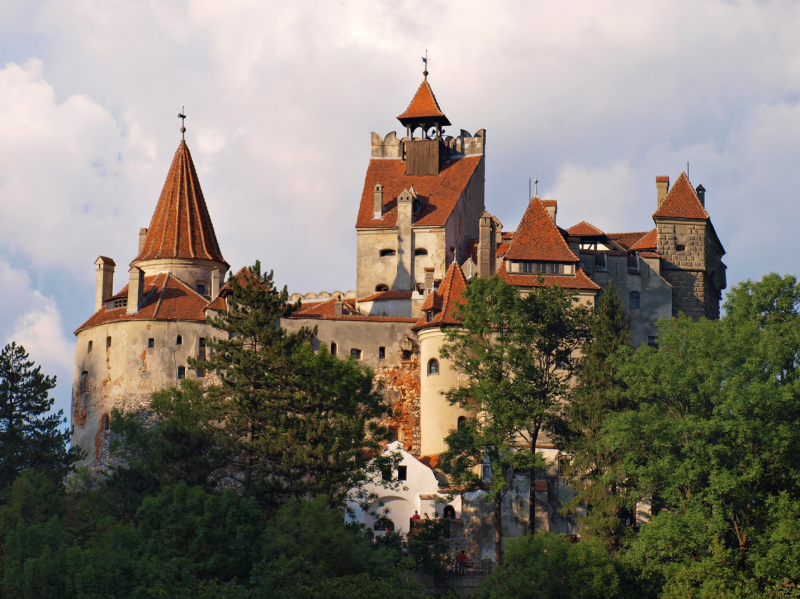
http://www.oneworld365.org/ 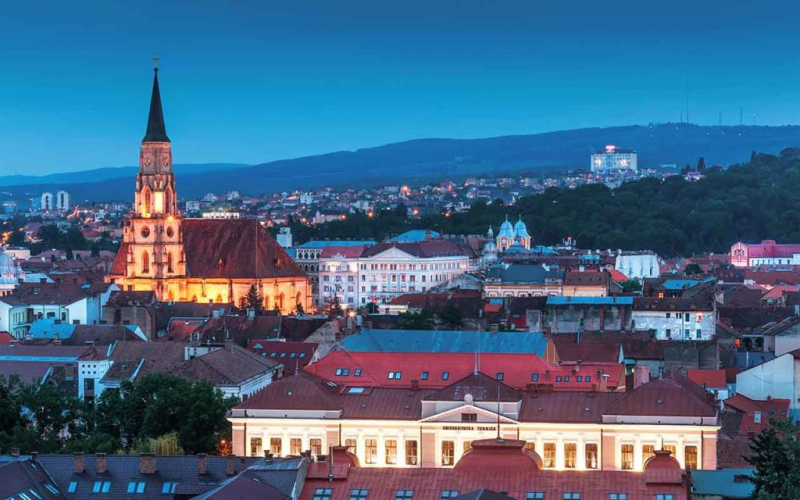
https://nomadparadise.com/ -
In general, Romanians love visiting one another at their houses. For socializing on a more casual basis and for special occasions like holidays, birthdays, and anniversaries, people may come together. Typically, visits are scheduled in advance.
No one expects visitors to their home to bring food or beverages. Most Romanians like entertaining guests and showcasing their culinary talents. They could even become irritated if a visitor brings their own meals. In a similar vein, Romanians want visitors to fully accommodate them in return. Before entering someone's house, take off your shoes.
Refreshments of some form, such as tea, coffee, brandy, or wine, are typically provided by hosts. On casual visits, it's customary to receive an alcohol offer. Your counterpart is probably going to understand if you can't drink, even if they could suggest that you taste a Romanian beverage. You must not bring any extra guests who weren't invited.
Even if they don't have enough food, your Romanian colleague could feel obligated to accommodate them. If guests want to smoke, they should inform the hosts beforehand. Inconsiderate behavior is frowned upon in a person's home.
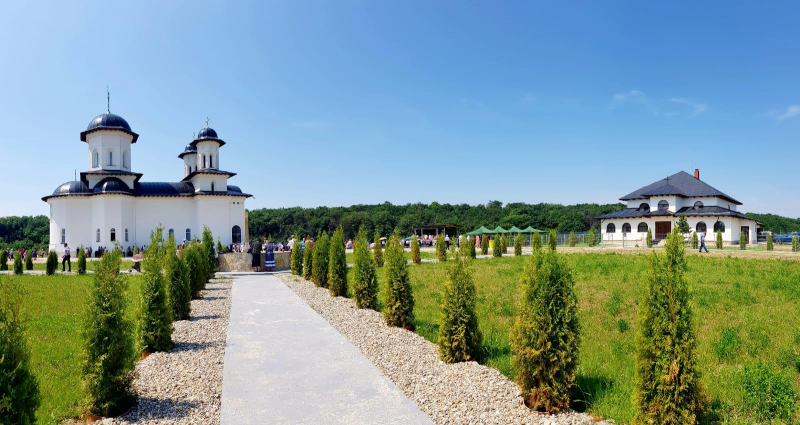
https://orthochristian.com/ 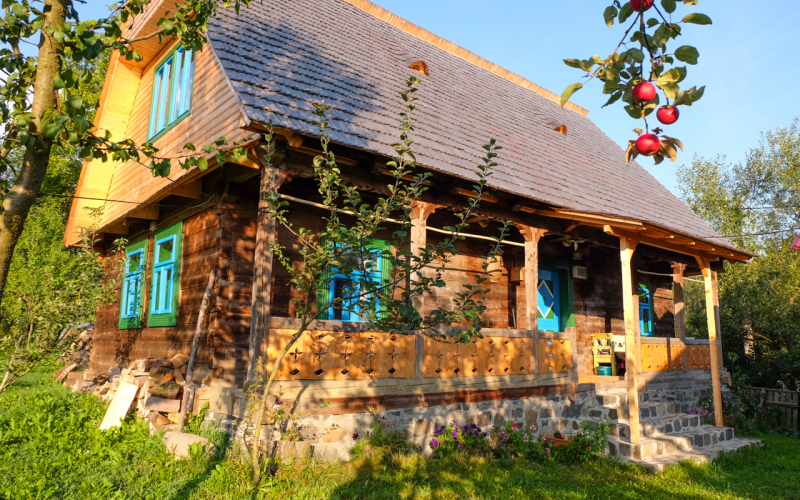
http://romaniatourstore.com/ -
The majority of Romanians take great pride in their cuisine and culinary abilities. It's crucial to try every dish they serve you and to express your appreciation for the food. Meat is a common ingredient in Romanian cuisine. If you have specific dietary needs, let your Romanian counterpart know in advance.
Men normally talk while women prepare meals, arrange the table, and clean up afterward. Although the hostess is likely to decline, it is courteous to offer assistance. When the host or the person in charge of the table says, "Pofta buna," guests are welcomed to begin eating (Good appetite). Lunches and dinners, both formal and informal, frequently include toasting. A toast or cheer may be made with the word "Noroc" (Good luck).
Tuică, a widely consumed traditional alcoholic beverage from Romania typically made from plums, may likely be served to you. A shot of tuică is traditionally consumed before a meal. While eating, keep your hands visible above the table at all times, and avoid resting your elbows on the surface. In Romania, soup is a very common food (examples include Ciorbă, Iskembe, and Borsh). It is preferable to let hot soup cool naturally as opposed to blowing on it.
In informal settings, it is normal to use the bread that has been provided to sop up the leftover food on your plate. You can anticipate receiving a second and third serving. If the host is being very generous and pushes, you might have to decline more than time.
To offer to share your food with someone who isn't eating is also considered nice. If at all possible, try to finish everything on your plate, especially if it was prepared at home. This demonstrates how much you valued and savored the food. At the conclusion of a dinner, it's customary for everyone to say "Sărut mâna pentru masa" (I kiss your hand for the meal) or "Mulţumesc pentru masa" (Thank you for the meal).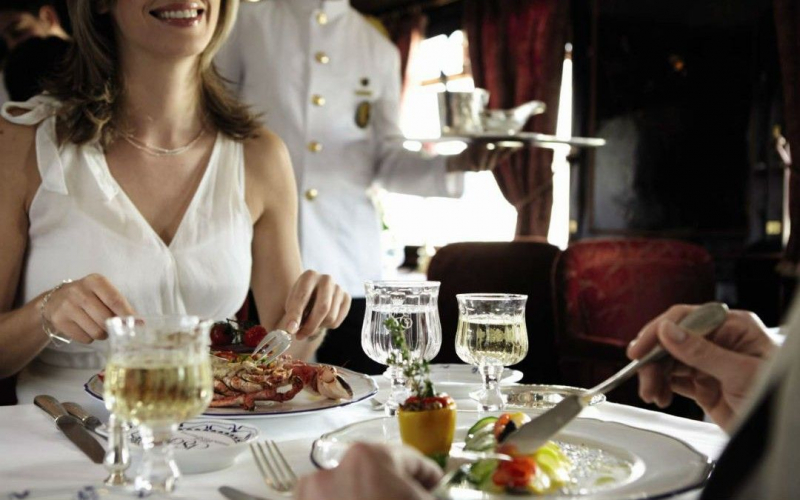
https://www.pinterest.com/ 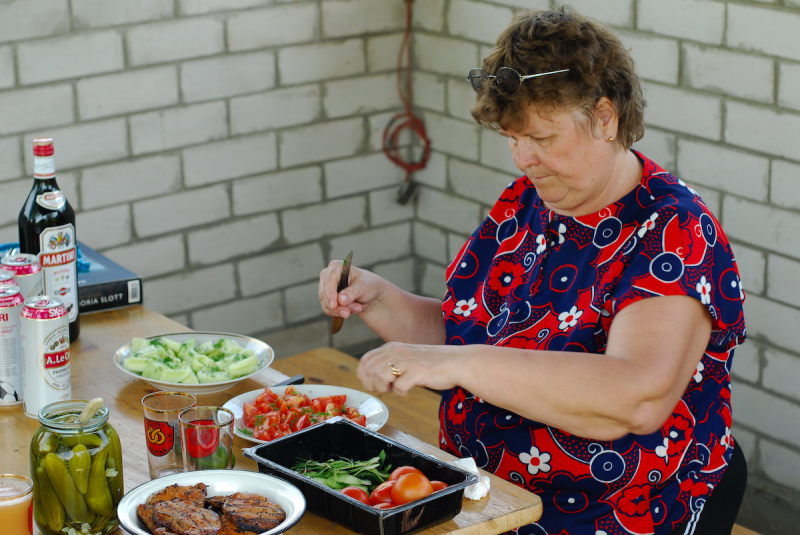
https://globalroadwarrior.com/ -
It is customary to offer a little present, such as flowers, chocolate, or a bottle of alcohol, when you are asked to someone's home for a meal, but it is not required. Similar to how visitors send tiny presents for the host of a celebration in Western society. Make sure you don't give an even amount of flowers when giving flowers to people, mainly women. Funerals typically feature bouquets with an even number of flowers.
It will be really appreciated if you bring some sweets for the kids if you visit a family with young children. When your Romanian friends give you a gift, it is customary to open it in front of your pals and express your gratitude. Traditionally, Romanians didn't send thank-you notes for presents or invites to specific occasions. They prefer to thank people in person.Gifts are typically opened right away. If flowers are being given, they should add up to an odd number. Funerals are often symbolized by bouquets with an even number of flowers. A Romanian can offer to compensate you in exchange for their present or might politely decline to accept it. In this case, decline their offer and emphasize that it is a friendship-related gesture. When you go to someone's house or attend a dinner party, it's nice to bring a gift, such as flowers, chocolate, alcohol, or a gift for the kids.
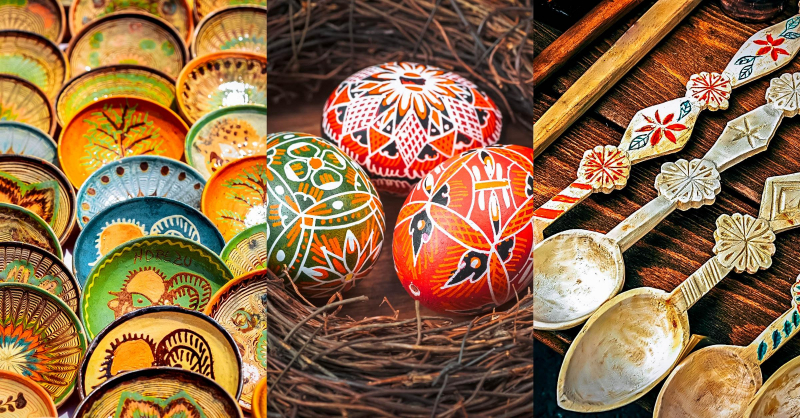
https://dailytravelpill.com/ 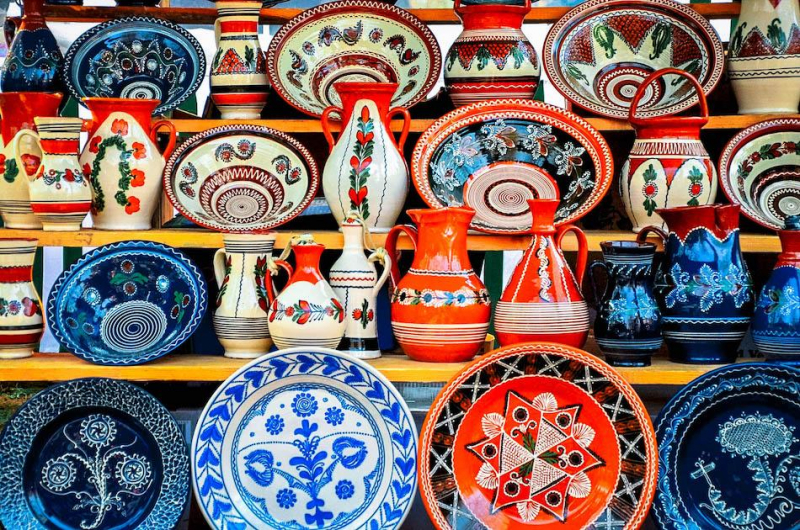
https://dailytravelpill.com/ -
Western commercial norms are used, hence Romania's unique customs are not particularly significant in business transactions. Romanians tend to view America favorably, but they frequently make references to their own and other European cultures.
Romanians are friendly, and foreigners are frequently treated kindly. The customary welcome is a handshake, though occasionally older men may kiss a woman's hand as well. When visiting someone's home, customary courtesies are observed. It is crucial to bring business cards to meetings and to hand one to each person in attendance.
Almost every occasion, including name day celebrations, marriages, and trips to Romanian houses, calls for the giving of flowers, which are particularly popular in Romanian culture. Buy flowers in odd numbers every time (even numbers are used at funerals). The majority of social engagements call for casual attire, however more formal clothing may be required if the event is in a restaurant, theater, or at night.
When addressing one another, Romanians use the formal titles "domnul" (sir) and "doamna" (madam), though younger individuals and business partners who understand English also use first names. Before eating or drinking, it is usual to say "pofta buna" (bon appétit) and "noroc" (cheers).

https://trustorrun.com 
http://business-review.eu/ -
Similar to their neighbors in the Balkans, Romanians will persist when offering something because they believe that it is courteous for both of you to decline and for them to insist because "no" does not always mean "no."
You should exercise some common sense caution and get to know your host beforehand. Friends and family frequently kiss one other on the cheeks upon reuniting or saying goodbye. Respect for the elderly is greatly valued and a positive reflection of your character. The word "Bun? ziua" (Boo-nah Zee-wah), which translates to "Good afternoon" or "Good day," is used to greet both friends and strangers.
Men typically wear speedos or shorts to the beach, with the former being more frequent among the over-40 set and the latter among the younger crowd. Females typically wear thong bikinis, and topless tanning is rising in popularity. Avoid saying that Romanian is a Slavic language or even connected to Hungarian, Turkish, or Albanian, whether out of ignorance or indifference.
As was already said, Romanians speak vowels and consonants differently than any of their neighbors, which will offend them greatly. Foreigners who do not believe that Romania was a part of the Soviet Union or the Russian Empire are also appreciated by Romanians (false although it was a member of the Eastern Bloc).
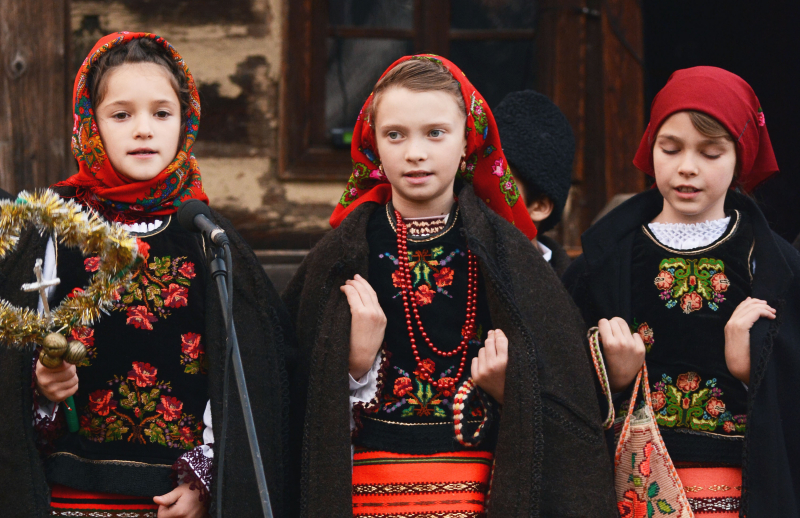
https://rolandia.eu 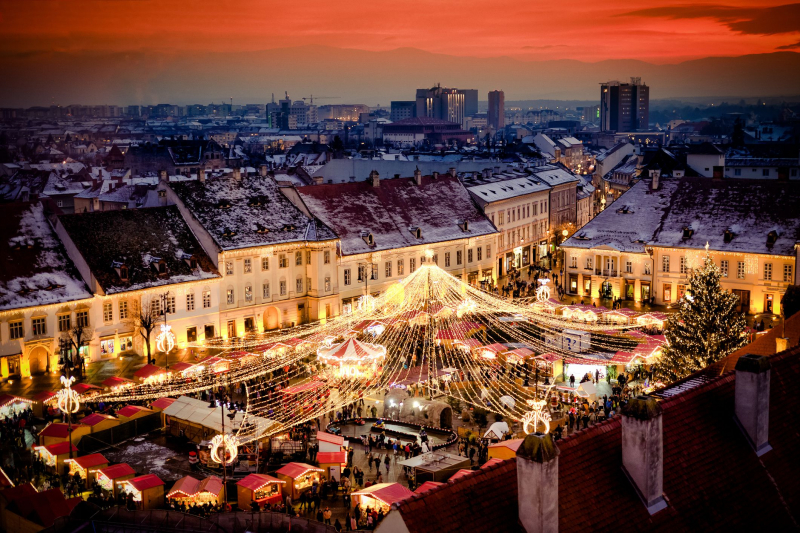
https://www.tripsavvy.com -
Romania is a deeply spiritual nation. In the 2011 census, roughly 81.9% of people identified as Christians, 6.4% as Protestants, and 4.3% as Roman Catholics. Another 1.1% identified with another religion (such as another Christian denomination, Islam, or Judaism), and the remaining 6.3% did not specify a religion.
Religious affiliation typically follows ethnic lines, with the majority of Romanian/Eastern Orthdox Christians.
In Romania, there is no official religion. However, the government pays the salaries of all registered clergy groups. The historical context of the powers of churches varies. Religion was treated as a private matter under communist rule, and participation in a religious organization or holding certain beliefs was seen as conflicting with a Communist Party loyalty.
However, after the fall of the regime, it became clear that a large portion of the Romanian populace had remained to be loyal to their faith in private. The government had undertaken efforts to undermine religious teachings and faith in favor of science and empiricism.

https://www.getyourguide.com 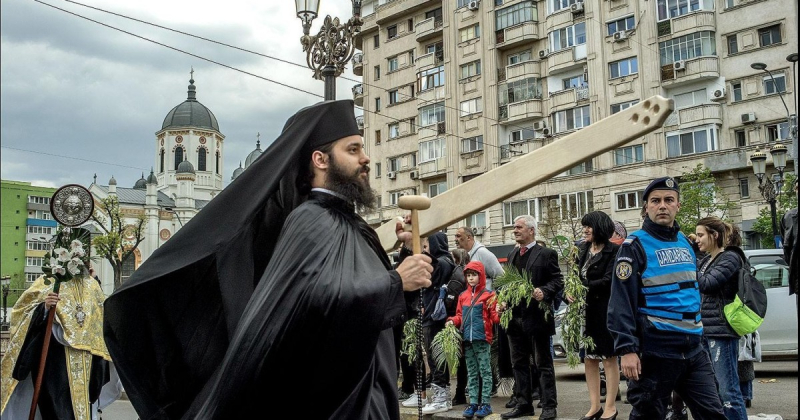
https://www.news-journal.com/ -
When meeting someone for the first time, greetings can be formal and guarded. However, when people get to know one another better, they tend to act more casually. In formal contexts, a handshake and direct eye contact are customary greetings. Although it's not a rigid rule, males should wait for women to extend their hands first. To shake hands properly, take off any gloves.
When greeting one another, close friends usually give one other hugs and kisses. One on each cheek, Romanians kiss each other twice. When they first meet a woman, some older Romanians will kiss her hand. However, males from other cultures shouldn't attempt to imitate this. It could be viewed as antiquated by others. Until someone explicitly says you can use their personal name, address them with their formal title (Mr/Ms/Mrs) and family name.
The Romanian titles are "Mr.," "Doamna," or "Domnisoara," followed by the person's last name. In Romania, people casually say "Salut" or "Bună" to their pals (Hello). Depending on the time of day, one may greet people with the more formal phrase "Bună dimineața/ziua/seara" (Good morning/day/evening).

https://www.romania-insider.com 
https://hdclaims.co.uk -
The majority of the Romanian population has always lived in rural areas. Nevertheless, the nation had significant urbanization and industrialization throughout the communist era. Today, 54% of Romanians reside in urban regions.
Modern life has contributed to an increase in cosmopolitanism in metropolitan areas. In some regions of the nation, however, rural customs and folk traditions are still prevalent. For instance, woodworking, weaving, and sheep herding are still prevalent in rural villages.
A lot of Romania's customs and traditions are influenced by the country's long history of folklore. All around Romania, there are various legends about witches, giants, ghosts, spirits, heroes, fairies, and monsters. Many of these date back to the time before Christ. For instance, a number of traditions are observed the night before the Feast of Saint Andrew in an effort to ward off evil spirits from individuals, their homes, and their pets (such as stringing up garlic).
Some would compare this evening to Halloween in Romania. Some people also think that supernatural events do exist (e.g. spirits and witchcraft). This is especially prevalent in rural, traditional places (like Maramures) and among Roma communities. Younger generations and urban Romanians typically do not accept these tales, viewing them rather as cultural superstitions.
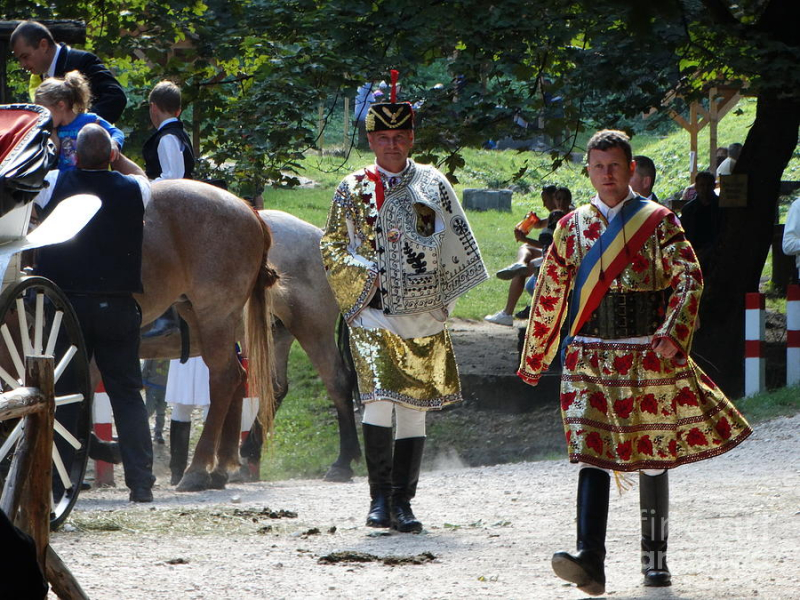
https://pixels.com 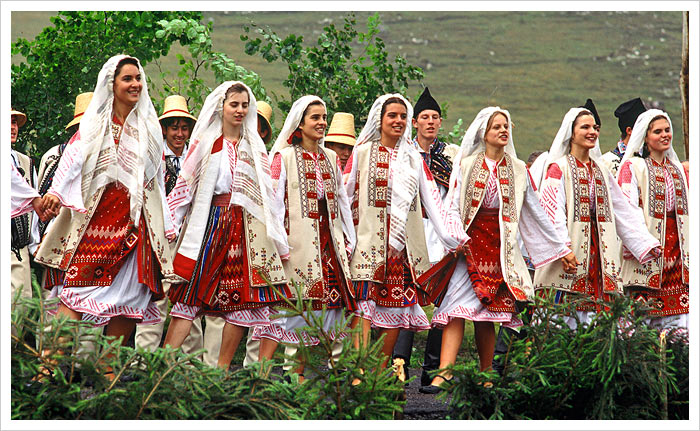
https://romaniatourism.com/ -
The strong level of uncertainty avoidance within society is reflected in the yearning for communism. Generally speaking, Romanians prefer secure stability and approach circumstances with skepticism and prudence rather than taking chances. Numerous people still have a negative view of politicians and distrust supine authorities. There is a discernible trend toward pessimism and cynicism, which is especially evident in attitudes toward the political class, the legal system, and the government.
In contrast to some of Ceauşescu's accomplishments, many Romanians are dissatisfied with the ability of current politicians to raise their living standards and international standing. This is made worse by the problem of widespread corruption at all levels of society.
Ultimately, many Romanians desire a meritocracy, in which people are granted wealth and power based on talent, effort, and achievement, rather than connections, wealth, or social class. This would allow politicians to be held accountable for their actions rather than for their connections, wealth, or reputation, which many find disappointing given some of Ceauşescu's accomplishments.
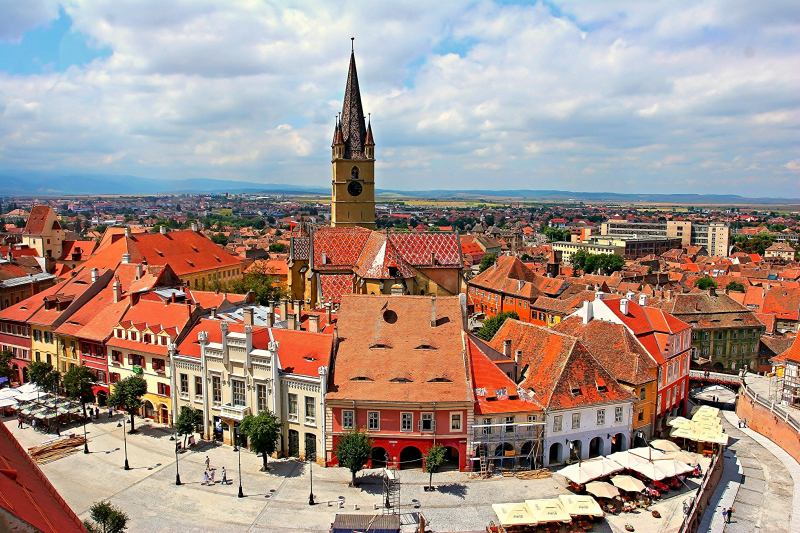
https://www.reddit.com 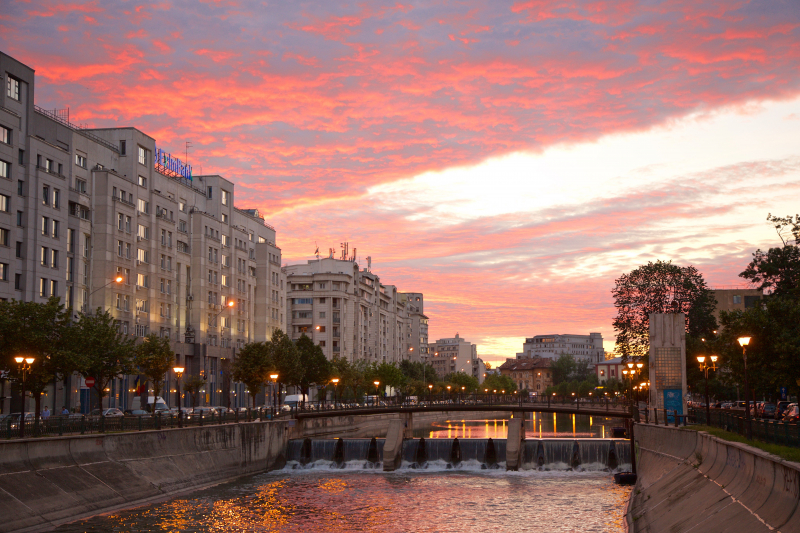
https://www.tripsavvy.com/ -
If you're asked to dinner, be on time. You are allowed to show up to a party up to 15 minutes late. Dress in something you would normally wear to work. Check the front door to check if there are any shoes there. If so, get rid of yours. Be prepared to receive excellent honor and respect.
The rules of proper behavior are followed when it comes to table manners. Await instructions on where to sit. There might be a seating arrangement. Continental table manners dictate that the fork should be held in the left hand when eating and the knife in the right. Lay your napkin down on the desk. Never place it on your lap. Before you start eating, wait for the host or hostess to say "pofta buna" (excellent appetite).
When eating, keep your hands out in plain sight. Keep your wrists perched on the table's edge. Expect to receive more servings, possibly even a third. Refusals are viewed as excellent manners and are not taken seriously, therefore you will need to be adamant that you can't eat any more. It is fine to use your bread to sop up any surplus sauce or gravy on your plate. Cross your knife and fork on your plate to say you're still eating. When you're done eating, lay your knife and fork across your plate with their handles pointing to the right and their prongs downward.
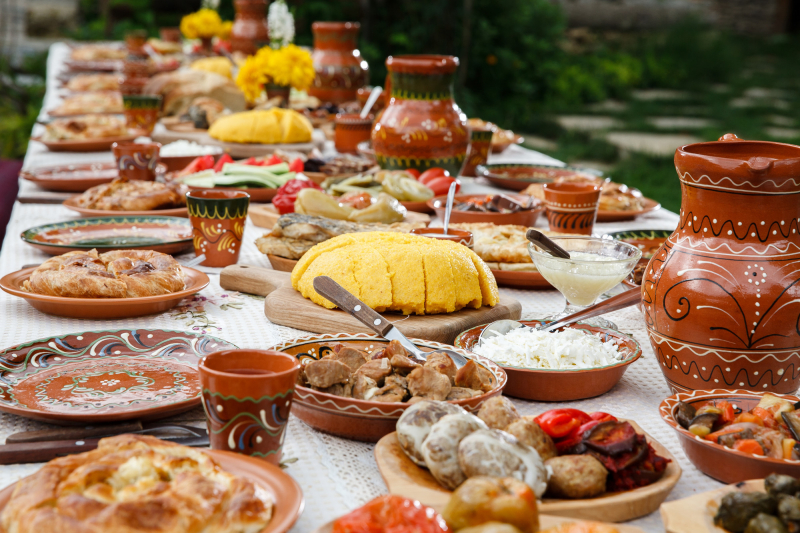
https://www.inyourpocket.com 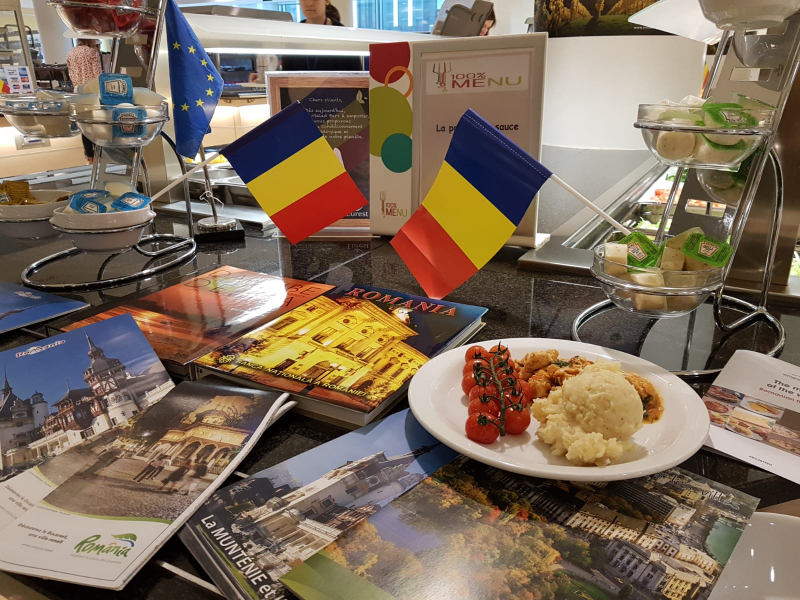
https://www.romania2019.eu/
































